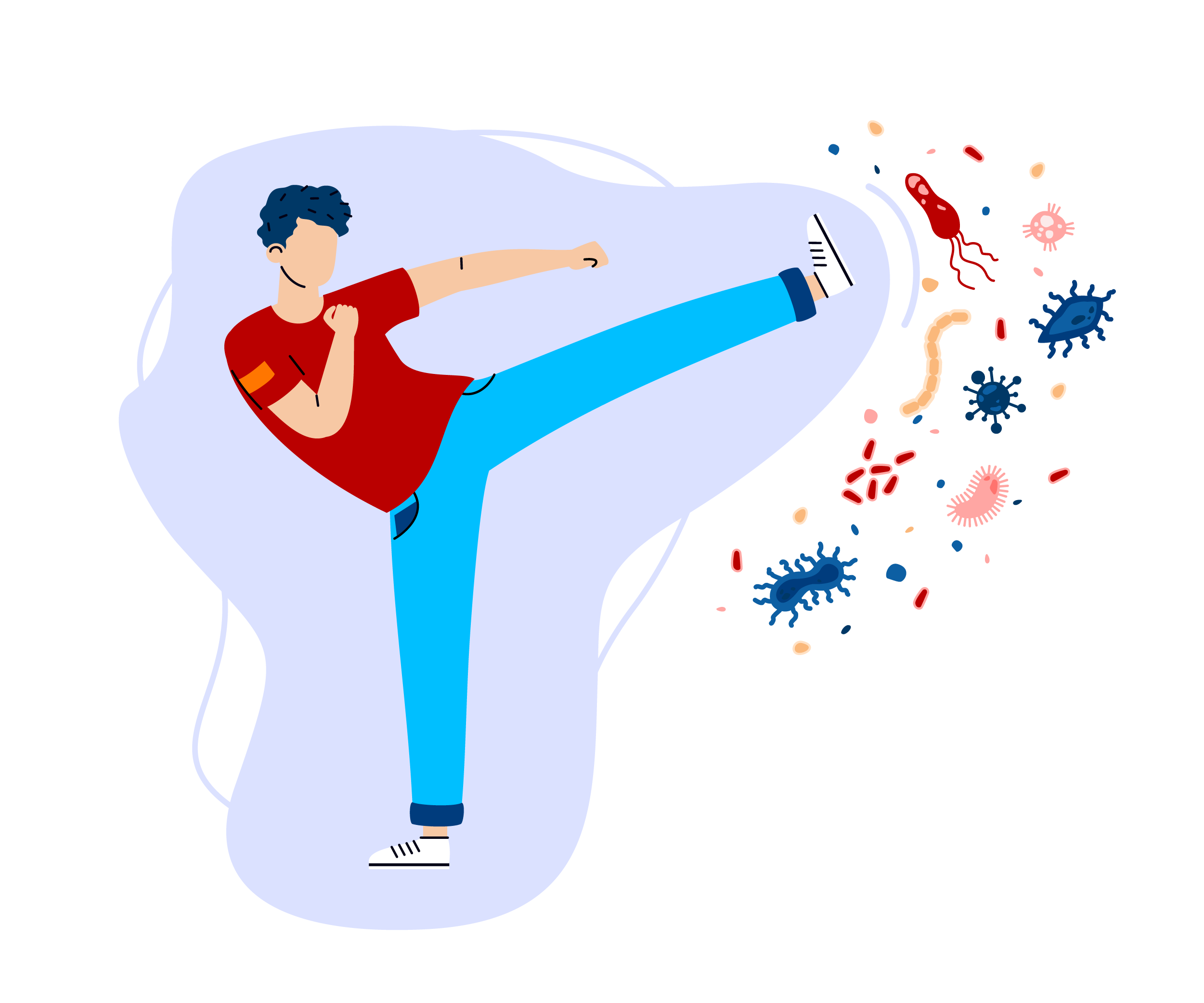
Postpartum depression is one of many possible experiences a woman could feel after giving birth to a baby. Becoming a mother is one of the biggest changes in a woman’s life. Upon giving birth, your life is no longer just about you, because a tiny human is literally completely dependent on you for survival. With sleepless nights due to feeding and diaper duties, coupled with dramatic changes to your physique – and those fluctuating hormones after giving birth, it’s not surprising why postpartum depression (PPD) is a common consequence of childbirth. According to the NHS, 1 in 10 women who give birth will suffer from postpartum depression.
If you feel sad, depressed, lost, empty, inadequate or guilty of being unable to be fully present for your child two weeks after pregnancy, it’s important to reach out to a mental health expert. To ascertain maternal health, a new mother has to be evaluated for PPD. Postpartum depression is a threat that can deter the mother’s recovery, get in the way of mother-baby bonding, and can reduce her ability to provide the best possible care as a mom. In turn, postpartum depression is not only harmful to the mother’s health, but also potentially harmful to the baby’s safety and emotional development. Learn more about this mental health condition below, because it is critical to identify and treat postpartum depression immediately.

The Difference Between “Baby Blues” and Postpartum Depression
Giving birth takes a physical and mental toll on a woman’s body, and messes with her hormones. It’s also normal to feel tired and weary after birth, especially for those with traumatic deliveries and those who’ve undergone a cesarean operation. Most women will experience the “baby blues” after birth due to hormonal changes. It’s also natural to feel anxious, afraid, and unsure about what to do, especially for a first-time parent. This stage should last for no more than two weeks and should disappear on its own as you get into the swing of motherhood.
However, any extreme sadness, frequent crying spells, intense anxiety or fear, severe mood swings, and feelings of over-exhaustion for more than two weeks after giving birth may be a sign of postpartum depression, which is a type of clinical depression. This is a long-lasting and more severe mood disorder that typically occurs after giving birth and could last for many months, depending on treatments received (if any).
Notably, PPD can also impact fathers, adoptive parents, and surrogates since they can also experience emotional fluctuations, mental anxiety, social changes, and financial pressures after their baby is born.
That being said, postpartum depression is more common in women who give birth because they experience physical pain and hormonal changes they experience during the process of carrying and delivering a baby. If you’re feeling any symptoms of PPD, know that you are not alone nor is it your fault. It’s important to get treated because this disorder can affect your healing and impede your baby’s development. In extreme cases of psychosis, some moms have resorted to self-harm or harming their children. Unfortunately, studies show that 1 in 5 women stay quiet about their symptoms and don’t get the treatment they need for faster recovery.

Signs and Symptoms of Postpartum Depression
Any new parent will suffer from exhaustion due to the sleepless nights that come with the high demands of having a newborn. However, a depressed mother with PPD could feel excessive tiredness and may be unable to function or perform her usual tasks.
Here are the most common signs of postpartum depression:
- Feeling worthless, guilty, and ashamed
- Feeling extremely anxious
- Having frequent upsetting thoughts
- Being unable to bond with the baby
- Being hyper-critical of self
- Excessive exhaustion
- Difficulty making decisions
- Sleep problems
- Prolonged crying spells
- Extreme loss of appetite
- Feeling overwhelmed as if losing control
- Highly irritable or angry with frequent mood changes
- Disinterest in food or trouble keeping food down
- Lacking focus and poor concentration
These PPD symptoms last weeks or even months after giving birth. Some may even suffer from lingering symptoms even if their baby has already turned a year old. The signs of postpartum depression are more severe compared to the “baby blues,” so it’s imperative to discuss symptoms with a professional to receive appropriate treatment.
Risk Factors for Postpartum Depression
If your mom, grandma, aunts, sisters, or cousins battled postpartum depression, there is a higher likelihood that you will be affected by it. By the same token, if you have any personal history of any type of related mental health disorder such as anxiety or depression, you could be at a higher risk of postpartum depression. You can take a CircleDNA test to help assess your health and disease risks, including possible genetic mental health risks that run in your family. This at-home DNA test will provide written reports on your mental health concerns based on your genetics. You can even safely do this type of DNA testing while pregnant, since CircleDNA only requires a simple cheek swab for DNA analysis.
Furthermore, even if there’s no PPD history in your family, that doesn’t mean you’re in the clear. You’re still at risk of potentially getting PPD. Environmental factors play a role, too. For instance, a traumatic birth could lead to postpartum depression.
Below are more risk factors for postpartum depression:
- Weak support system
- Financial problems
- Relationship problems with the father of the child
- An unwanted pregnancy or getting pregnant before being ready to become a parent
- Stressful events during pregnancy such as complications while pregnant
- Health problems with the child
- Problems with breastfeeding
- Existing mental health struggles prior to giving birth
Research shows that one of the alarming triggers of postpartum depression could be breastfeeding problems. After all, breastfeeding can be quite tricky and even painful. Having issues with breastfeeding or being unable to breastfeed their new babies adds pressure and fuels depression for new moms. Feeling like a failure could have a significant impact on a mother’s mental and emotional health. Thus, It’s important to know what the risk factors are along with the signs so you can seek immediate help, find lactation support, and reach out to your network for any form of assistance.
Getting Help
Getting professional help is key when you or your loved ones notice the signs and symptoms of postpartum depression. There are many registered clinical counselors who specialize in postpartum depression, who will offer both virtual and in-person therapy sessions. You can also reach out to friends and family to let them know about your struggles, and they’ll likely be eager to help out with the baby to let you get some much-needed rest. Yoga, nature walks, and postpartum fitness classes will also help you manage your symptoms of PPD.
Fortunately, since postpartum depression is so common, there are many resources available for anyone struggling with this mental health condition, from support groups and Facebook communities, to medical professionals trained to help treat this condition.
References:
- Postpartum resources for treatment https://postpartum.org/
- Overview Postnatal Depression (NHS) https://www.nhs.uk/mental-health/conditions/post-natal-depression/overview/
- Facilitators and Barriers to Disclosure of Postpartum Mood Disorder Symptoms to a Healthcare Provider (Betty-Shannon Prevatt & Sarah L. Desmarais) https://link.springer.com/article/10.1007/s10995-017-2361-5
- Breastfeeding and Postpartum Depression: An Overview and Methodological Recommendations for Future Research (Carley J. Pope and Dwight Mazmanian) https://www.ncbi.nlm.nih.gov/pmc/articles/PMC4842365/







This Post Has One Comment
Comments are closed.